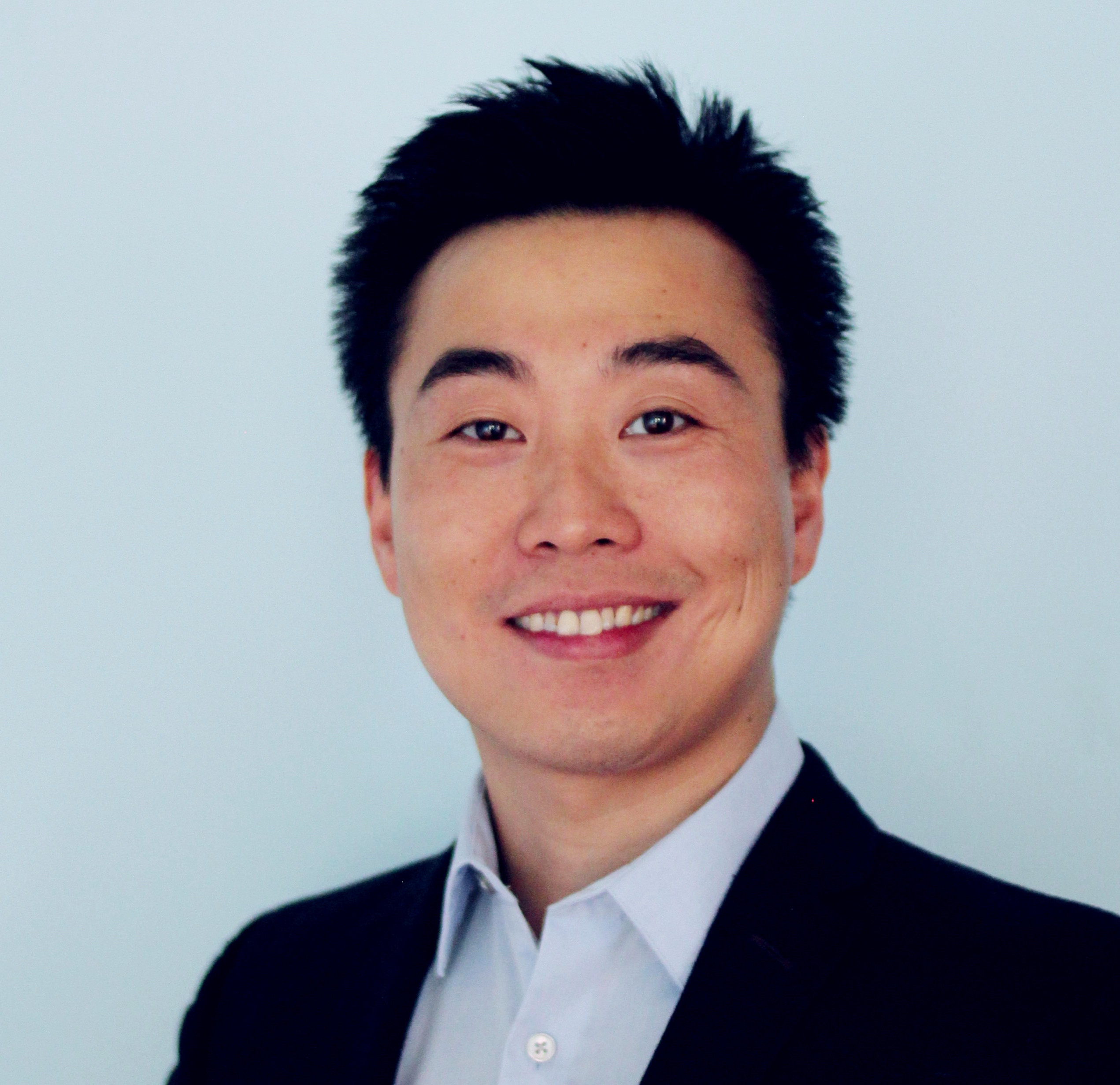We are pleased to introduce Dr. Jian Wang, who will be giving expert input on our highlight topic, Creativity in Science.
Dr. Jian Wang is Assistant Professor at the Leiden Institute of Advanced Computer Science and Guest Researcher at the Centre for Science and Technology Studies, Leiden University. His recent research focuses on science funding, organization of science and innovation, creativity and novelty, and science-technology-linkages. Another research interest of his is to develop innovative analytical methods for studying science and innovation, drawing from fields of bibliometrics, statistics, and machine learning. Jian earned his Ph.D. degree in Public Policy and a Master of Science degree in Statistics, from Georgia Institute of Technology (USA), and a Master of Economics degree in Applied Economics and a Bachelor of Arts degree in Journalism, from Tsinghua University (China). He currently serves as an advisory editor for Research Policy, associate editor for Frontiers in Research Metrics and Analytics, and editorial board member for Research Evaluation.
It is creativity/novelty that drives scientific breakthroughs and societal progress, but the journey from a novel scientific idea to a practical solution can be long and winding. Debates also persist regarding whether and how science contributes to practical solutions. In his talk, Jian will explore the complex relationship between novelty and impact in science and technological innovation. Furthermore, he will examine concerns that the current science funding system is increasingly risk-averse and favours short-term, safe projects over long-term, risky and novel projects. He will also present empirical evidence about whether major funding agencies are biased against novelty in their project selection process, and whether receiving funding enables grantees to engage more in novel research. Finally, he will discuss strategies that scientists can use to boost creativity, such as how to structure the professor-PhD student relationship, collaboration teams, and broader collaboration networks.

